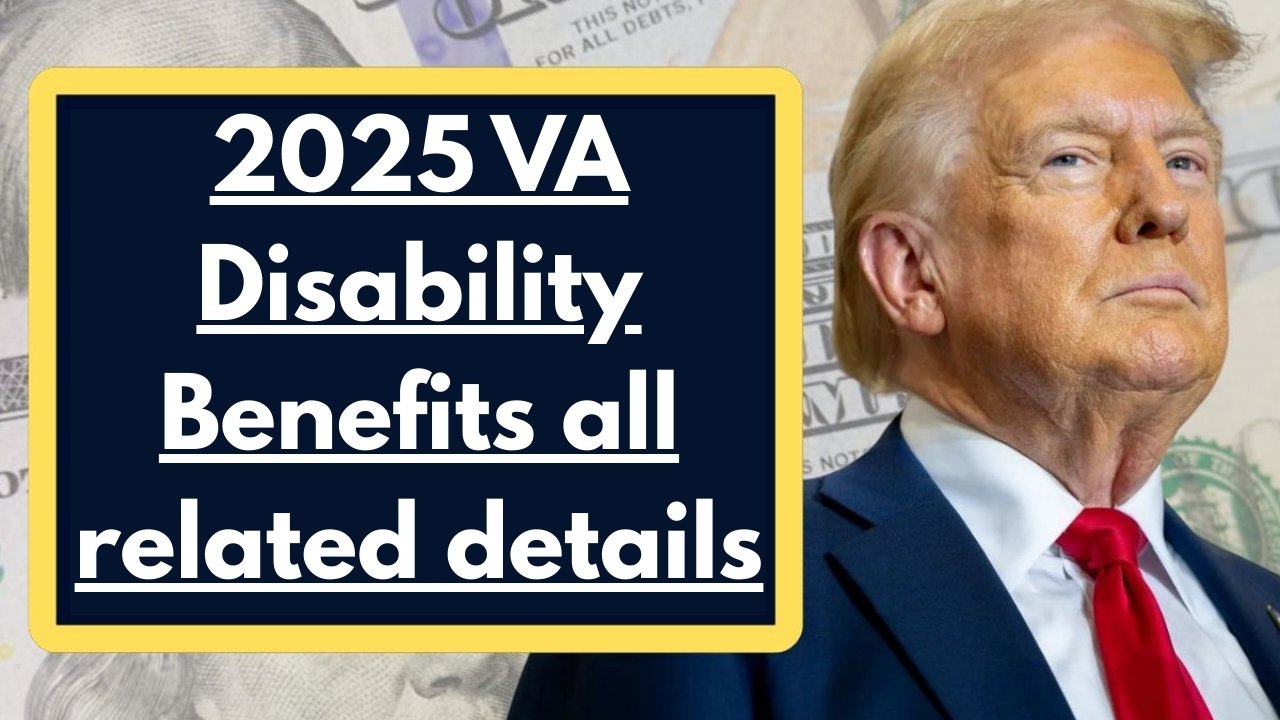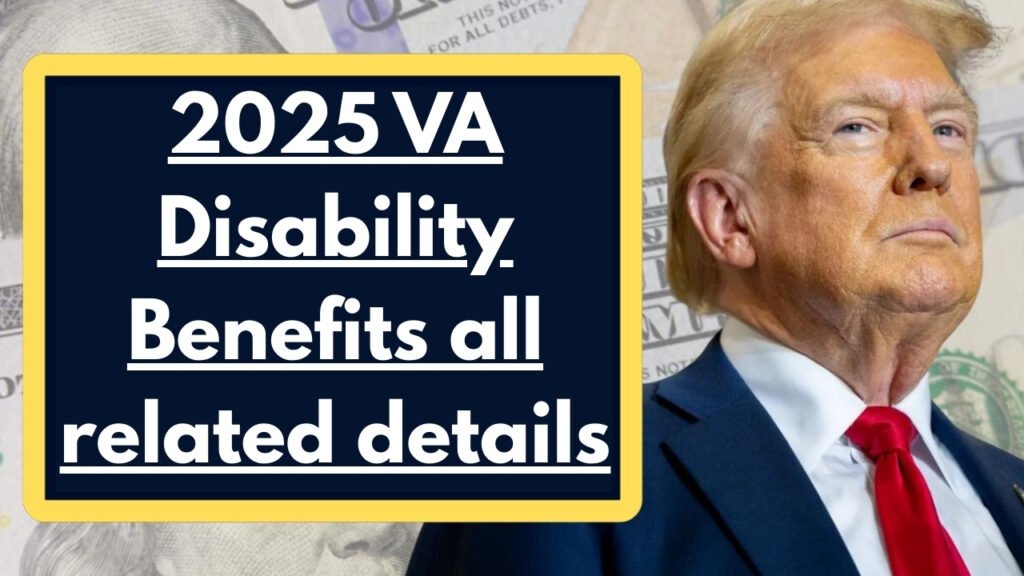VA Disability Benefits : Veterans received confirmation of a 2.5% increase in disability compensation beginning January 2025, following the Social Security Administration’s annual cost-of-living adjustment announcement made last October. This adjustment, while smaller than increases seen in recent years, provides much-needed financial support to millions of disabled veterans struggling with rising living expenses across the country.
The Department of Veterans Affairs implemented these changes automatically, requiring no additional paperwork from benefit recipients. Monthly payments reflecting the adjusted rates began appearing in veteran accounts starting January 1st, with backpay adjustments processed for qualified recipients during subsequent payment cycles. Despite economic stabilization efforts, many veteran advocacy groups express concern that the modest increase may prove insufficient amid continuing inflationary pressures affecting housing, healthcare, and basic necessities.
Specific Rate Changes Impact Different Disability Categories
Veterans with a 10% disability rating now receive $175.51 monthly, an increase from the previous year’s $171.23. This adjustment incrementally increases across all rating categories, with 100% disabled veterans without dependents now receiving $3,831.30 monthly compared to $3,737.85 previously. Veterans supporting families see additional increases based on dependent status and special circumstances.

Particularly significant improvements benefit veterans with specialized needs, including those requiring aid and attendance services. Monthly support for veterans needing specialized care increased proportionally, with additional allowances for qualifying spouses also seeing modest bumps. These specialized supplements prove especially critical for catastrophically injured veterans requiring ongoing assistance with daily activities.
Three-Year Comparison Shows Slowing Adjustment Trend
The 2025 increase represents a continuing normalization trend following dramatic adjustments during post-pandemic recovery. The 2.5% bump falls significantly below the historic 8.7% increase implemented in 2023, which represented the largest single-year adjustment in over four decades. Similarly, it trails behind 2024’s 3.2% increase, suggesting economic stabilization despite continued cost pressures in specific sectors.
Veterans service organizations note that while smaller than previous adjustments, the 2025 increase actually aligns more closely with historical norms. The average COLA over the past decade hovers around 2.6%, making this year’s adjustment relatively standard compared to unprecedented increases during the unusual economic circumstances following pandemic disruptions. Nevertheless, concerns persist about whether standardized adjustments adequately address the unique economic challenges facing disabled veterans.
Additional Programs Complement Base Compensation
Beyond standard disability rates, veterans should investigate complementary programs potentially increasing total benefit packages. Special Monthly Compensation provides additional support for veterans with certain severe disabilities, including loss of limbs, blindness, or conditions requiring caregiver assistance. These specialized benefits operate independently from standard disability ratings and can substantially increase monthly compensation for qualifying veterans.
Similarly, Total Disability Individual Unemployability (TDIU) continues providing 100%-level compensation to veterans unable to maintain substantially gainful employment due to service-connected disabilities, even when their combined rating falls below the 100% threshold. Veterans should explore these supplementary programs through VSO consultation or direct VA inquiry, as qualification can significantly impact financial stability despite receiving less publicity than standard rating increases.
VA Disability Benefits Resources Available for Veterans Seeking Assistance
Numerous organizations stand ready to help veterans navigate complex benefit systems and maximize entitled compensation. Accredited Veterans Service Officers through organizations like DAV, American Legion, and VFW provide free assistance reviewing claims, filing appeals, and identifying overlooked benefits. Additionally, the VA maintains dedicated phone lines and online resources specifically addressing compensation questions.
Veterans experiencing financial hardship despite receiving disability benefits should investigate state-specific programs offering additional support, including property tax exemptions, reduced fees for government services, and specialized healthcare programs. These state-level benefits vary significantly by location but can provide substantial relief beyond federal adjustments when properly utilized. Consulting with county veteran service officers often reveals location-specific opportunities many veterans overlook when focusing exclusively on federal programs.
